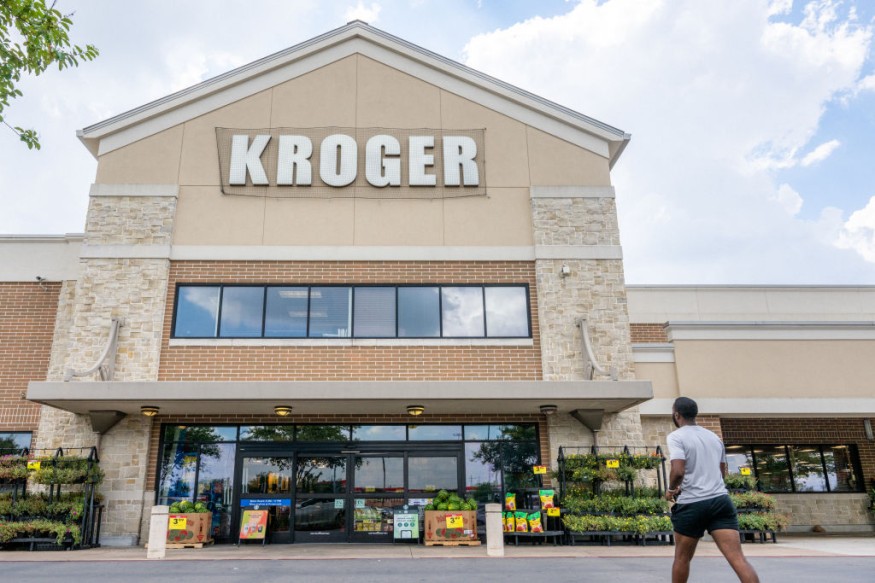
A federal judge has blocked the proposed $25 billion merger between Kroger and Albertsons, citing concerns about reduced competition and harm to consumers.
The decision, issued by Judge Adrienne Nelson in Oregon, halts what would have been the largest supermarket merger in US history. This preliminary injunction comes amid a broader review by the Federal Trade Commission (FTC) and ongoing lawsuits in multiple states.
Court Blocks Kroger-Albertsons $25B Merger Plan
The merger, announced in 2022, aimed to combine Kroger, the nation's largest traditional grocery chain, with Albertsons, the second largest.
Together, the two companies operate thousands of stores under banners like Safeway, Fred Meyer, Vons, and Harris Teeter, employing hundreds of thousands of workers, CNN said.
Kroger had argued that the merger would enhance its ability to compete against retail giants like Walmart and Amazon, which dominate the grocery market. The company even pledged to lower grocery prices by $1 billion post-merger. However, critics, including Judge Nelson, disagreed.
In her ruling, Judge Nelson stated that traditional supermarkets like Kroger and Albertsons do not directly compete with Walmart and Amazon due to their differing business models.
Instead, the merger would have reduced competition within the supermarket sector itself, likely resulting in higher prices for consumers and fewer choices.
The judge also expressed concerns about the companies' plan to divest nearly 580 stores to C&S Wholesale Grocers to address antitrust issues, calling it insufficient to maintain a competitive market.
The decision has received mixed reactions. Kroger and Albertsons expressed disappointment, maintaining that the merger would have benefited customers and employees while addressing challenges in a rapidly changing grocery industry.
White House and FTC Applaud Block on Kroger-Albertsons Merger
On the other hand, the ruling was welcomed by the White House and advocates of stricter antitrust enforcement.
According to Yahoo, the FTC, which sued to block the deal earlier this year, emphasized that the merger would have raised grocery costs and lowered wages for workers.
The merger faced strong opposition from unions, small grocers, and bipartisan lawmakers. Critics highlighted how inflation has already driven up grocery prices, making a potential merger even more concerning.
Reports showed that from 1990 to 2019, the grocery sector has seen increasing consolidation, with the 20 largest retailers controlling over 60% of total food sales. Smaller, independent grocery stores argued that a Kroger-Albertsons merger would further harm their ability to compete, as larger chains could exert more influence over suppliers.
The FTC's lawsuit is part of a broader effort to curb corporate consolidation and protect consumers. The case also reflects growing scrutiny of mergers across various industries. Advocates for stricter antitrust rules argue that unchecked corporate power contributes to rising costs and economic inequality.
For now, the merger remains on hold as Kroger and Albertsons evaluate their next steps. While they may appeal the decision, significant legal and regulatory hurdles lie ahead.
This ruling serves as a landmark moment in the fight against corporate consolidation, with implications for the grocery industry and beyond.















